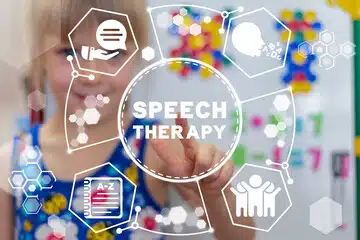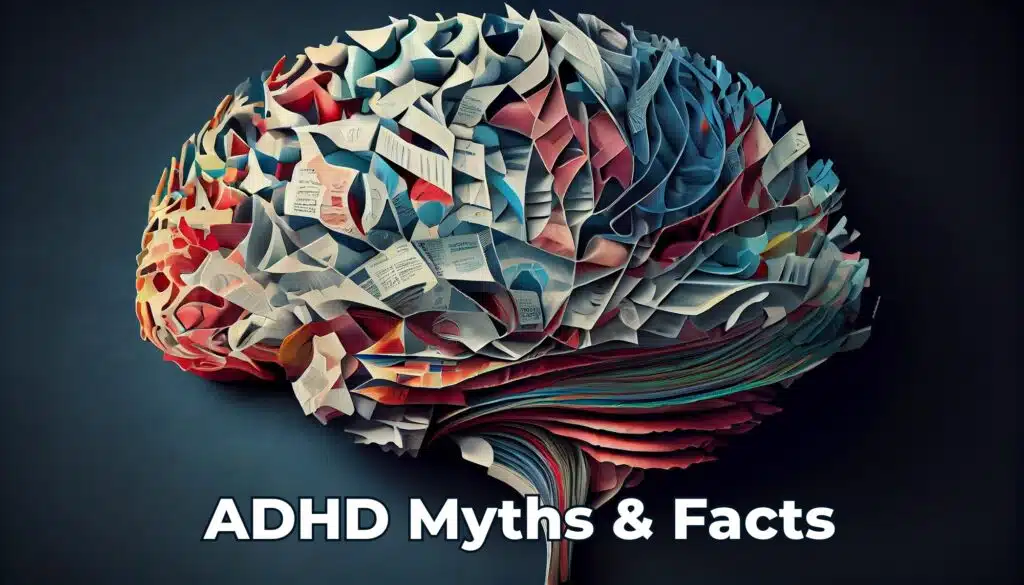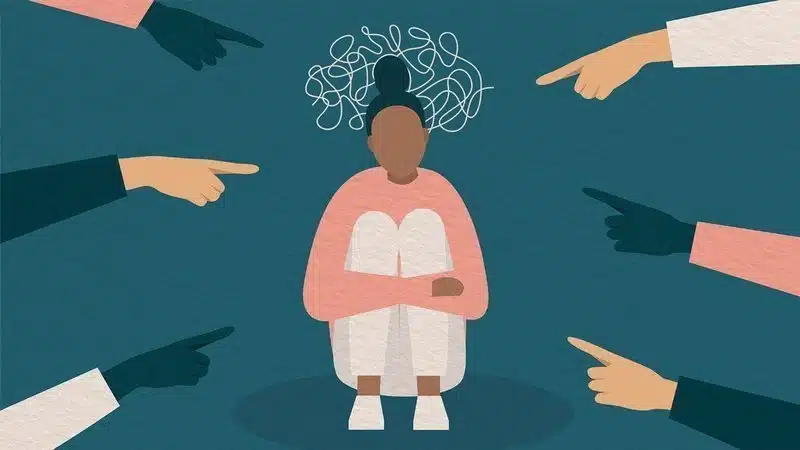Speech and language difficulties are common in both children and adults. These challenges can affect a person’s ability to communicate effectively, leading to struggles in everyday activities and social interaction. Understanding these difficulties and knowing how to navigate them is the first step towards a better communication experience.
What are Speech and Language Difficulties?
Speech and language difficulties refer to a broad range of communication problems that people might experience. Speech difficulties often involve issues with the pronunciation of sounds, while language difficulties can affect the understanding and use of words.
According to the Mayo Clinic, language and speech skills vary from individual to person. While some people have no trouble expressing themselves verbatim, others have trouble being understood or coming up with the correct words. If communication issues result in ongoing communication difficulties and frustrations, a speech or language disorder may be to blame. Speech and language issues are widespread.
Types of Speech and Language Difficulties
There are many types of speech and language difficulties that both children and adults may face. These include articulation disorders, fluency disorders, voice disorders, receptive language disorders, and expressive language disorders. Each of these presents its unique challenges, but with the right help and guidance, can be managed effectively.
A comprehensive article from WHO mentions that difficulty in speaking or understanding speech may be a common symptom of stroke or cardiovascular disease.
Impacts of Speech and Language Difficulties
“Communication – the human connection – is the key to personal and career success.” – Paul J. Meyer, Motivational Speaker
Speech and language difficulties can impact several areas of life, such as academic performance, social skills, emotional well-being, and job opportunities. It’s essential to recognise these potential impacts and take appropriate steps to mitigate them.
Navigating Speech and Language Difficulties
At EDUCARE, we believe in the power of early identification and intervention. The first step in navigating speech and language difficulties is recognising the signs and seeking professional help.
Our Speech-Language Pathologists (SLPs) provide comprehensive assessments to understand the nature and severity of the difficulties and devise personalised treatment plans. Our holistic approach focuses not only on the individuals facing these difficulties but also extends support to their families, enabling them to create a nurturing environment at home.
Treatment Approaches at EDUCARE
Our experienced SLPs use evidence-based approaches to treat various speech and language difficulties. For children, therapy often incorporates play-based methods to make the process engaging and enjoyable. For adults, therapy can involve techniques to enhance vocal quality, improve articulation, or increase language comprehension.
Community Support and Resources
“Speech is power: speech is to persuade, to convert, to compel.” – Ralph Waldo Emerson, Essayist, Lecturer, Philosopher
Besides professional help, community support and resources can also be beneficial in navigating speech and language difficulties. Joining support groups, attending workshops, and utilising resources from reputable sources can empower individuals and their families with knowledge and strategies to manage these challenges effectively.
While speech and language difficulties can pose significant challenges, they don’t have to limit one’s potential to lead a fulfilling life. With the right help, such as the comprehensive services offered at EDUCARE, individuals can effectively navigate these difficulties and improve their communication abilities. If you or a loved one is experiencing speech or language difficulties, reach out to our team of professionals who are dedicated to enhancing lives through improved communication.
Remember, communication is not just about speaking; it’s about connecting. And at EDUCARE, we’re committed to breaking down barriers and building bridges of connection through effective communication.

FAQs
What are speech and language difficulties?
Speech and language difficulties refer to a variety of communication problems that involve issues with pronunciation, understanding, and use of words.
What are the common types of speech and language difficulties?
Common types include articulation disorders, fluency disorders, voice disorders, receptive language disorders, and expressive language disorders.
How do speech and language difficulties impact individuals?
These difficulties can affect academic performance, social skills, emotional well-being, and job opportunities.
What is the first step in dealing with speech and language difficulties?
Early identification and intervention are key. Recognise the signs and seek professional help.
How does EDUCARE help with speech and language difficulties?
EDUCARE provides comprehensive assessments and personalised treatment plans, focusing on both individuals and their families.
What treatment approaches are used at EDUCARE?
EDUCARE’s SLPs use evidence-based approaches, including play-based methods for children and techniques to enhance vocal quality and language comprehension for adults.
What other resources can help in navigating these difficulties?
Community support, support groups, workshops, and resources from reputable sources can be beneficial.
Can individuals with speech and language difficulties lead fulfilling lives?
Yes, with the right help like the services offered at EDUCARE, individuals can navigate these difficulties effectively and improve their communication abilities.
Ready to explore how EDUCARE can help you navigate speech and language difficulties? Contact us today for a personalised consultation.



